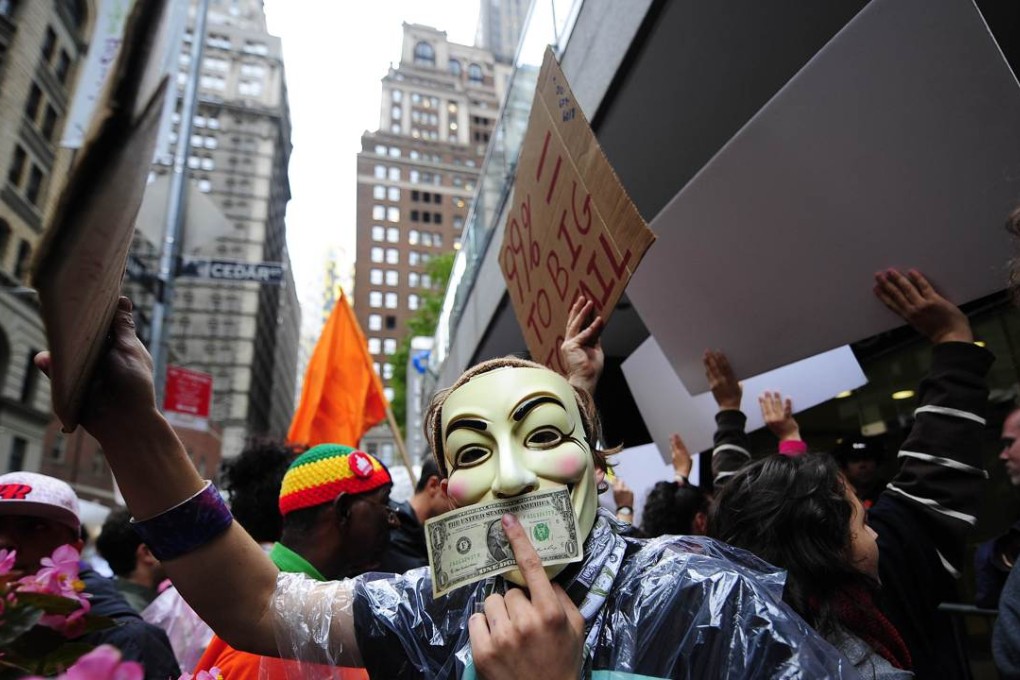Macroscope | Rising inequality erodes growth, not just social cohesion
Governments need to eliminate anti-competitive behaviour and eradicate cronyism

Growing inequality and an accompanying sense of unjust exclusion is attracting mounting attention. Occupy Wall Street might have seemed impotent and directionless. However inchoate the protest, it signalled growing resentment over perceived injustices bred by today’s economic order.
Closer to home, how much of the emotional and political undergrowth of Occupy Central turned on fears of a bleak economic future for all but the most privileged? Further evidence of disquiet comes from popular indignation over corporate tax avoidance by large global enterprises, and the early successes of populist candidates for US president.
Foreign Affairs, the journal of the US-based Council of Foreign Relations, devoted six articles to inequality in its first 2016 number. The World Economic Forum’s 2016 Davos get-together last month was organised around the theme of technological disruption. Inequality and exclusion featured prominently in those discussions.
Increasingly, the threat to economic growth reflected in burgeoning income and wealth disparities – along with mounting risks of disruptions to social order – should be helping to concentrate minds and spurring concrete action. But is this happening?
A strong trend of growing inequality has been apparent in dozens of countries for more than 20 years. But very limited action has been taken so far to address it.
Opinion polls suggest that large majorities of the population believe existing levels of inequality are unacceptable. Governments typically sound indignant and worried, but the majority of them are unwilling to take serious measures to alleviate the problem.
A significant degree of inequality arises from differences in opportunity, often perpetuated through the education system
